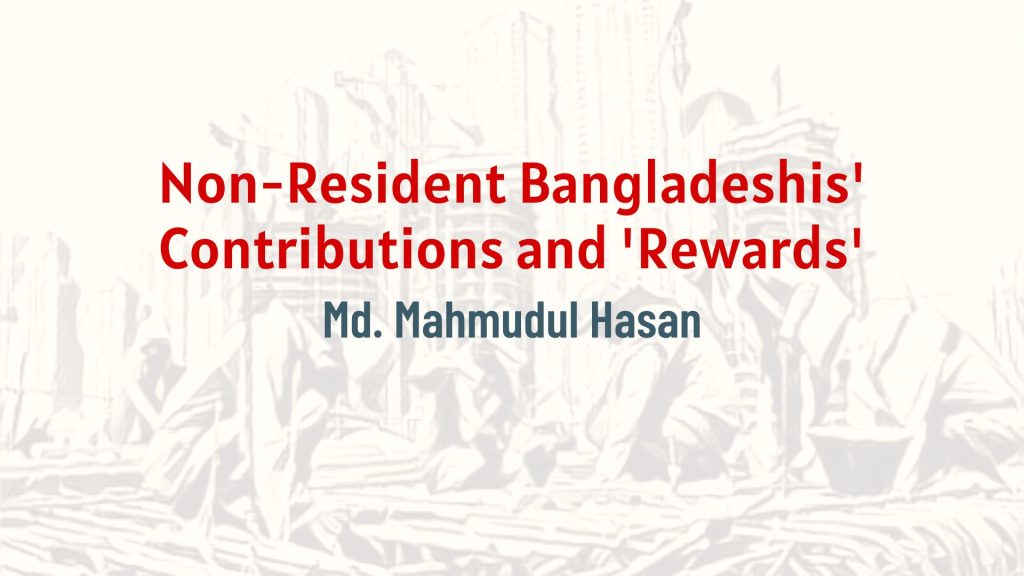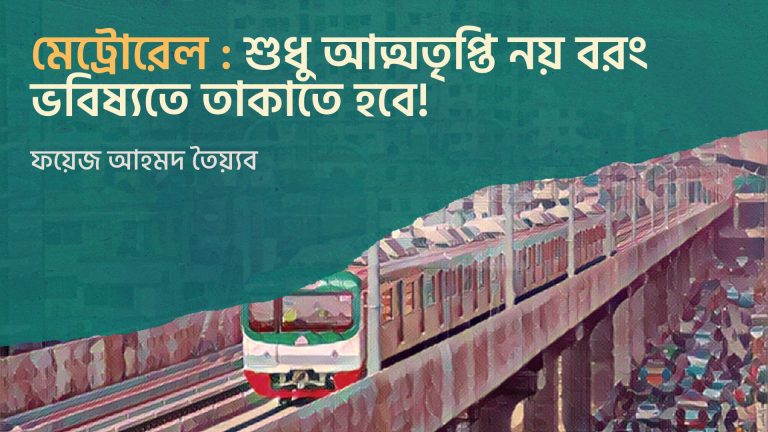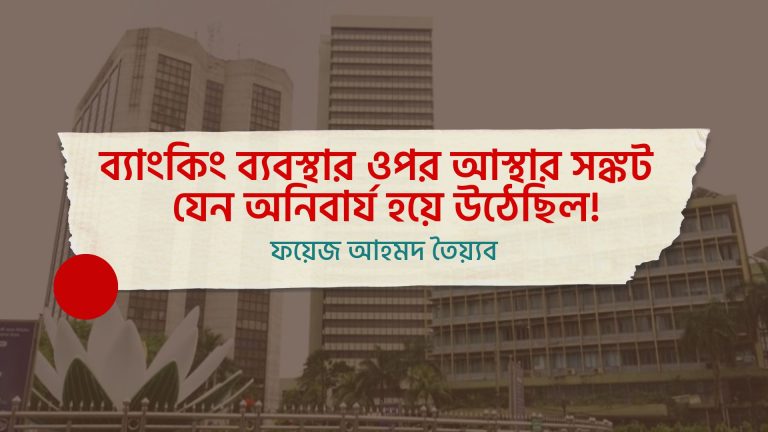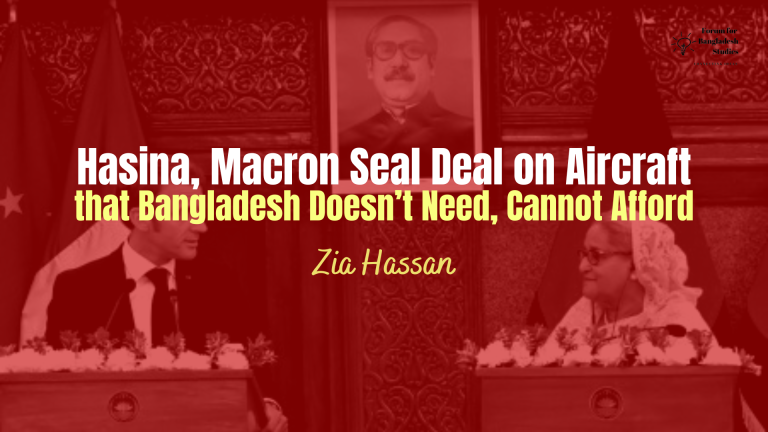RECENTLY I read a social media post by professor Ali Riaz of Illinois State University, USA. It deplores the current economic crisis in Bangladesh and criticises the government that has allowed the impoverishment of a large segment of the population to happen. As part of his academic interest and love for his motherland, professor Riaz regularly contributes to global and local media outlets and comments on issues related to politics and society in Bangladesh.
As professor Riaz mentioned in a 26 July 2022 Facebook status, during his last trip to Bangladesh, he had started two scholarship programmes in memory of his late parents. The target scholarship recipients are outstanding students of Siddheswari Girls’ College, Dhaka. Apart from his philanthropic gesture towards Bangladeshi students, professor Riaz is also one of the millions of Bangladesh’s foreign remittance earners. However, his intellectual contributions to, and the impact of his scholarly endeavours on, Bangladesh outweigh his economic usefulness.
While I find his comments and insights on current affairs in Bangladesh sensible and constructive, I understand that people of certain political leanings may disagree with him. What concerns me is the premise on which some unfavourable remarks on his writings are based.
One common allegation brought against professor Riaz is that he writes about Bangladesh but does not live in the country. He often receives abusive comments but ignores online trolls and scammers.
I completely reject the hard-nosed notion that, in order to be eligible to comment on the way Bangladesh is run, one has to live in the country and/or get involved in domestic politics. Whether inside or outside the country, we all are Bangladeshis and have the right to exercise our freedom of expression concerning matters that affect it.
Living in Bangladesh presents many challenges, but the diasporic life of non-resident Bangladeshis (NRBs) is not a bed of roses. Therefore, let’s not divide ourselves on the basis of who lives where and why. Our focus should be on making Bangladesh a safe and stable country where those who want can freely participate in politics without fear of oppression.
As the likes of professor Riaz receive hateful comments, underprivileged Bangladeshi migrant workers or professionals are ill-treated in various ways. Impunity for the perpetrators is common in both cases.
I recount below some eye-witness accounts to show how Bangladesh’s ordinary foreign remittance earners are treated.
During the last Eid in July 2022, I travelled to Bangladesh to be with my siblings and other family members. I could not avail a direct flight from Kuala Lumpur to Dhaka. My travel agent suggested that I use a Nepalese air carrier, stating that it would have 7-hour transit in Kathmandu, Nepal. I contemplated this offer and finally accepted it.
I had dozens of undergraduate students’ assignments saved on my laptop. I graded most of them during my transit at Tribhuvan International Airport in Kathmandu. As the transit hours were coming to an end, I joined other Bangladeshi passengers of the same flight and enjoyed chatting with them.
There was one man in his mid-20s wearing a colourful dress. Like most of us, he was travelling from Malaysia to spend Eid with family members in Bangladesh. We joked and laughed together, saying that perhaps his family members had found a beautiful woman for him to marry. There was a shy smile on his graceful face; but he didn’t give us any clue about the possibility or otherwise of his marriage during that trip to Bangladesh.
We arrived at Dhaka airport and queued orderly at the immigration. The man in gorgeous clothing was ahead of me in the line next to mine. It was his turn to present travel documents to the immigration officer. The officer asked him some questions and at one point it appeared that the man forgot his father’s name.
This provoked hysterical laughter all around. Initially, I also laughed. Then I paused and thought, ‘Did he really not know the name of his father?’ ‘When expatriate Bangladeshis come home from abroad, do they need to answer such questions at the immigration counter?’
After long and hard thought, the conclusion I reached was that his forgetting the name of his father was a reflection of his psychological state upon facing the immigration police. Given the way they are treated, fear is a common experience of ordinary Bangladeshi travellers at Dhaka airport. On many occasions, I have seen Bangladeshi migrant workers grilled at the airport of their own country. I have also seen some of them taken inside from the immigration queue. God knows why. All these render the airport experience of ordinary Bangladeshis traumatic, which might have contributed to that man forgetting his father’s name.
I have travelled to many other countries. At airports, citizens are treated with welcoming acceptance and respect. Hazrat Shahjalal is the only international airport where I have seen foreigners given special treatment, while Bangladeshi citizens face negligence, harassment and other abuses.
When I come to Bangladesh with foreign guests, I accompany them and use one of the immigration lines for the foreigners. This gives me the opportunity to experience the difference in immigration service. Privileged Bangladeshis use the VIP immigration line and do not suffer the hardships of ordinary citizens at the immigration and other counters.
There have been many discussions and debates about whether Bangladesh would embrace the economic fate of Sri Lanka. Until recently, our ministers bragged about Bangladesh’s economic standing. But if not for the continuous flow of foreign remittances sent by the likes of professor Ali Riaz and the man in colourful dress who forgot his father’s name, Bangladesh would have become broke and bust to such an extent that our ministers would not have found a country on earth to compare ours with.
I have touched mainly on the airport woes of expatriate Bangladeshis. But there are many other ways in which they are mistreated and exploited inside Bangladesh and at the country’s foreign missions abroad. Those are subjects for other essays.
Bangladesh’s foreign remittance earners face many problems — eg, xenophobia and exploitation — in foreign lands. They deserve better treatment upon arrival in the land they call their own.
On a final note, I have lived outside Bangladesh for nearly two decades. Initially, I liked living in prosperous foreign countries, and I was almost oblivious to the strong sense of connection with my country. But now the pull of ‘home’ is becoming stronger day by day. The going home syndrome and the desire to come back are always there in my consciousness.
So, when people like professor Ali Riaz write about Bangladesh, they do so out of love for their country of origin. It will be iniquitous to question their commitment and loyalty to Bangladesh on the ground of their expatriate NRB status, as it is wrong to harass Bangladesh’s foreign remittance earners at the immigration counter at Dhaka airport.
The article was originally published in New Age on 1 November 2022




